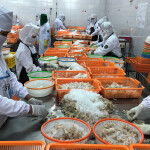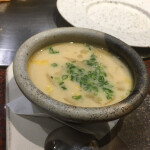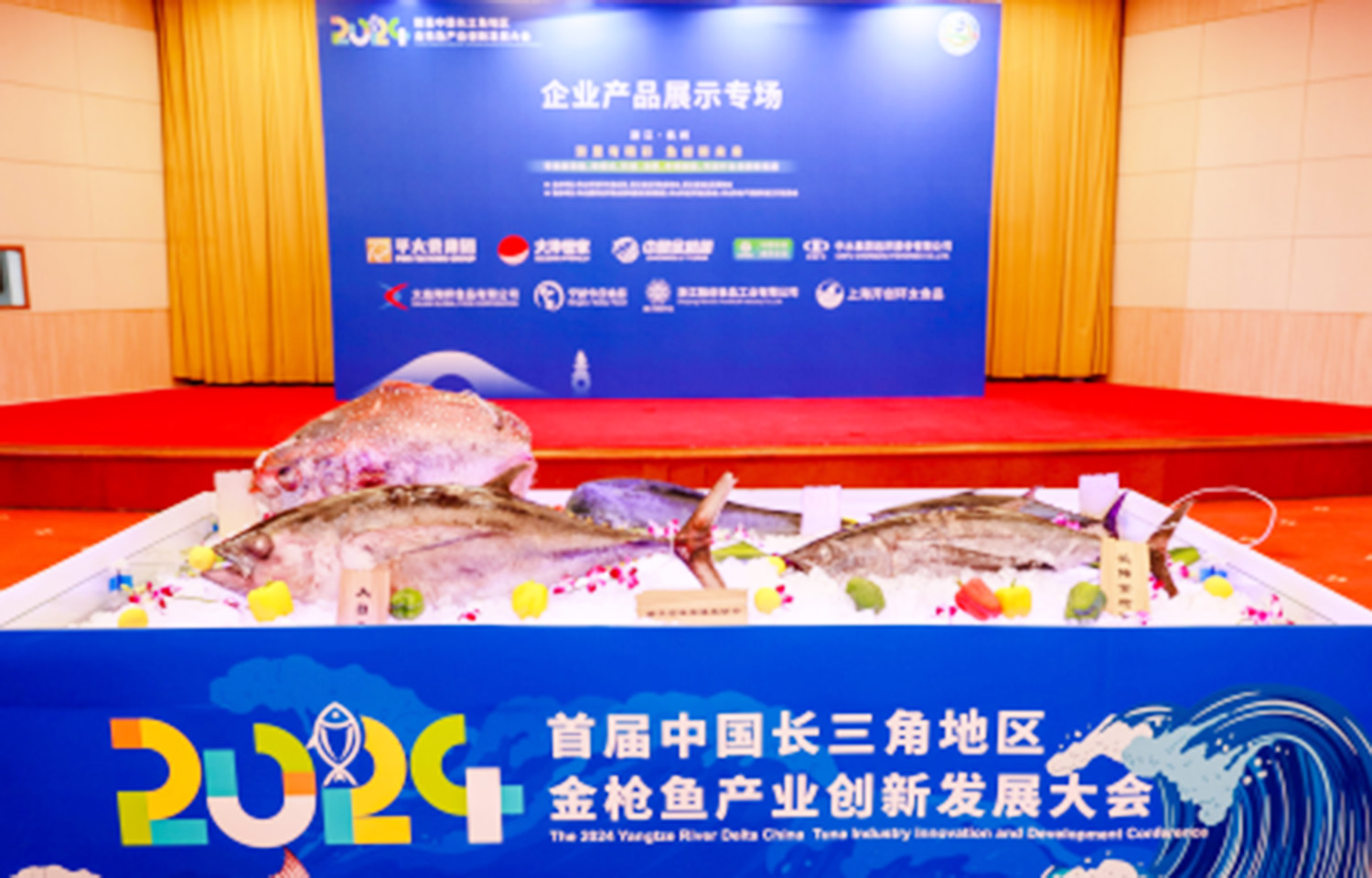A recent conference in the eastern Chinese city of Hangzhou highlighted the country's big push to secure tuna resources and build out a value-added tuna sector.
At the Yangtze Tuna Industry Innovation and Development Conference in Hangzhou in mid-January, China’s largest tuna firms exhibited, including Ocean Family, Dayang Family, China Water Group, Shandong Zhonglu Ocean (Yantai) Food, Ningbo Today Food, Zhejiang Sunac Food Industry, Dalian Xiangxiang Food, and Shanghai Chuangchuang Zhoushan Huantai Marine Food. The country’s leading tuna experts also discussed the challenges and opportunities facing the industry.
The conference was organized by the government of Zhejiang province, which is home to Hangzhou but also Zhoushan – a tuna-processing hub responsible for a quarter of the country’s tuna production, which amounts to an annual output exceeding 70,000 metric tons.
One of the Chinese companies present – Zhoushan Pingtai Rong Yuan Yang Group – used the conference to introduce a range of peptides and collagens derived from tuna into the Chinese market, targeting local demand for functional health solutions as the population ages.
Among those present at the conference were executives from several major Japanese tuna firms Hokkaido Fisheries and Sojitz Corporation. China continues to ban seafood imports from Japan, and state-controlled media has amplified public concerns over the discharge of wastewater from the Fukushima nuclear plant into the Pacific. Yet, major Japanese tuna firms continue to have important processing and supply relationships with Chinese counterparts. Sojitz, for example, has a processing subsidiary in Dalian, China.
Also represented at the Hangzhou conference was the Spain-based JEALSA Corporation and another Spanish group, the Vigo-based Pereira Group, which operates its Land Sea Asia trading subsidiary in Shanghai.
China has worked to develop its domestic tuna market for over a decade, but the initiative has taken on a more pressing urgency as the Sino-U.S. trading relationship has soured. Representatives of Western fishing interests have consistently complained about what they see as unfair competition from Chinese tuna fleets operating at lower social and environmental standards. In December 2022, the U.S. government issued sanctions against Chinese fishing firms Dalian Ocean Fishing and Pingtan Marine Enterprise, claiming they engaged in illegal fishing and labor abuse.
Undeterred, China’s government worked hard in recent years to gain access to the tuna-rich waters of the South Pacific. As part of a multi-pronged effort to build diplomatic and aid relations with the Pacific Island states, Reuters reported China hosted Maldives President Mohamed Muizzu, who during a weeklong stay in China visited Fuzhou-based Hongdong Fishery Co., a distant-water fishing firm with a significant tuna operation.
Photo courtesy of China Yangtze River Delta Tuna Industry Innovation and Development Conference







